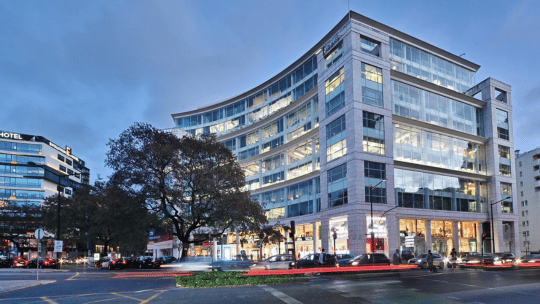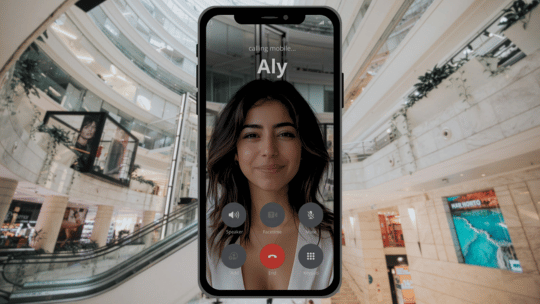|
February the 3rd 2013, Super Bowl final, one of the most important event in the United States. In one of the famous adds where an advertisement has an average cost of 4,5 Millions, Colgate-Palmolive promoted a deodorant which ended up to be one of the 30 best ads for the Ad Barometer of the US Today. What was not known was the creative process of the ad and the fact that it was not reserved for the Super Bowl. One year earlier, Colgate had launched a challenged to Tongal members - a north-American platform with 40.000 freelancer video producers. They wanted a 30 seconds video just for the internet and would give 17.000€ to the best video. The final product was so good that got to the Super Bowl final side by side with others costing thousands more. Only Mercedes spent more than a million for the licence to use a music on its ad. The Tongal platform is not a unique case. Technology has contributed to the proliferation of these solutions. Several alike and sectoral platforms - management and payment of freelancers communities - are multiplying and receiving strong investments of venture capitals. Even one of the biggest worldwide recruiting company Randstad has recently invested in one of these start-ups in Germany. In the United States the Handy application counts currently with 5000 freelancers which carry out specialized demands on request, with date and time set. A success case. In average each one of them has an average monthly income of 2.500 dollars. The Portuguese congener Zaask started in 2015 its internationalization process. Indeed, the technology and the freelance community are redesigning the nature of companies, the way of working and even people careers. In the USA, a recent study from the software company Intuit points that in 2020, 40% of the workforce (60 millions) will be freelancers. If, on the one hand, these technological platforms and applications aimed to the freelancers community also achieve greater acceptance by clients worldwide, the new work models (virtual offices/coworking) and the technology itself come themselves also to complement and support the development of these freelancers communities which also search solutions increasingly more efficient and low cost for their activity. For example, the Virtual Offices allow today that any freelancer may continue to work from home with total flexibility and, at the same time, to benefit from - at an almost insignificant price - a prestigious central space to establish their company, to have all administrative support, customized service for their activity, reception and meeting rooms fully equipped for any punctual meeting with clients or partners. All this new reality and trends show that the new work models, technology, mobile applications, models based on the Uber concept and Internet, besides being transforming radically and reinventing the traditional business models, are equally modifying the nature of labour relations and careers as we known them. The rise of freelancers communities is just another aspect of this on-going transformation. Carlos Gonçalves Co-author of the book Out of the Office |
Other articles
In today?s competitive job market, attracting top talent is only half the battle. Retaining...
The Re:Space is a project idea that aims to transform underutilized outdoor spaces into...
Avila Spaces has just launched a new initiative that promises to energize the business ecosystem...
Coming back to the office after a vacation can feel like a shock to the system. Let's...
Holidays are meant to be a time of rest, joy, and reconnection?with ourselves, others, and the...
We currently live in a reality where acceleration is a constant. More and more, we seek...
In the modern, fast-paced workplace, productivity often feels like a race against time....
The second edition of Remote Week in Fundão has been confirmed. In 2025, a new group of...
Avila Spaces has been awarded the prestigious ?Cinco Estrelas Regiões Award? in the ?Coworking...
Avila Spaces announces its sponsorship of Pedro ?Figgy? Figueiredo, one of Portugal's most...
After its initial launch aiming to provide information on the Web Summit 2024 and Lisbon's...
Avila Spaces has introduced, in collaboration with Elbo Pte, an open-access virtual assistant,...


















